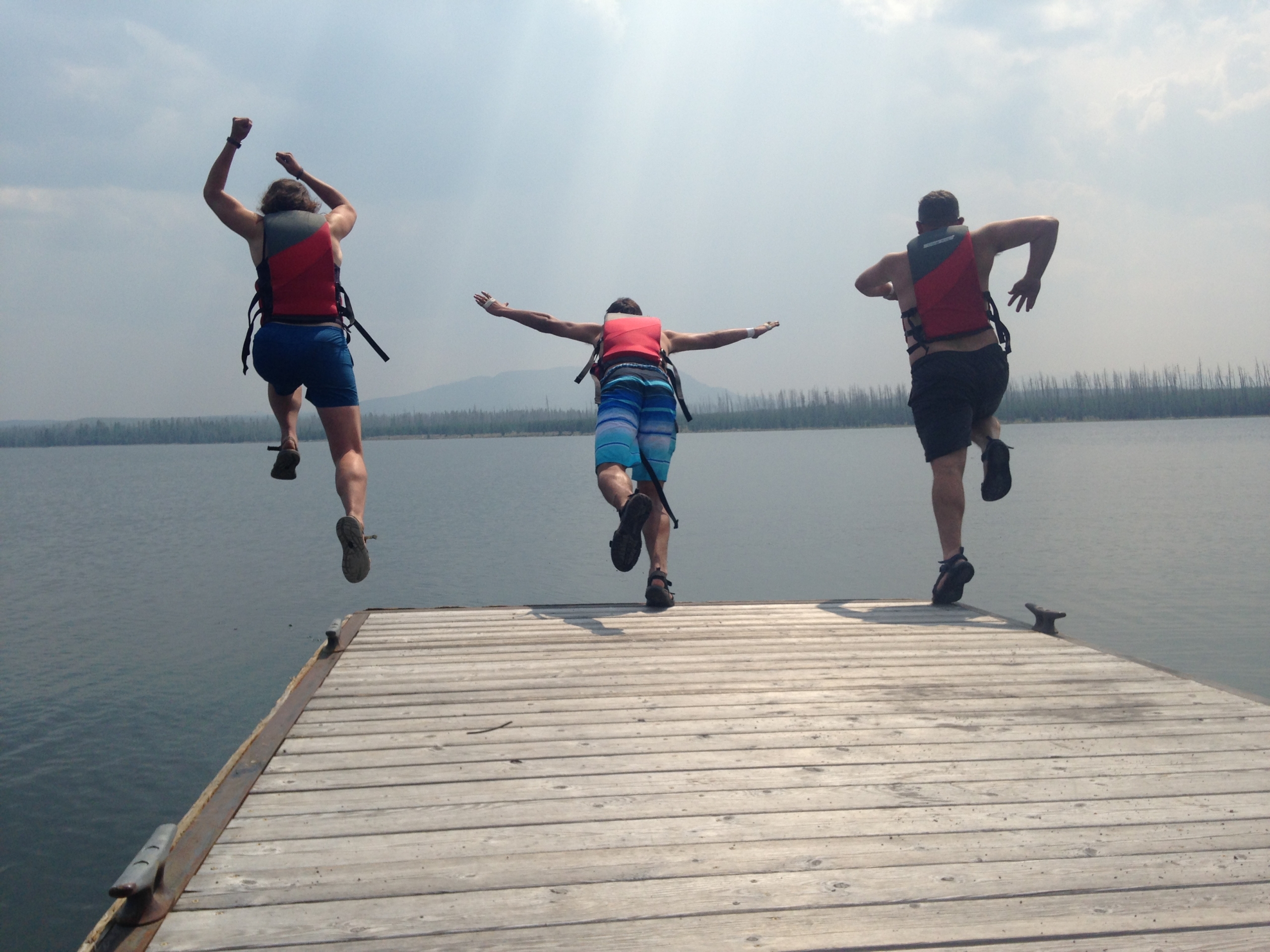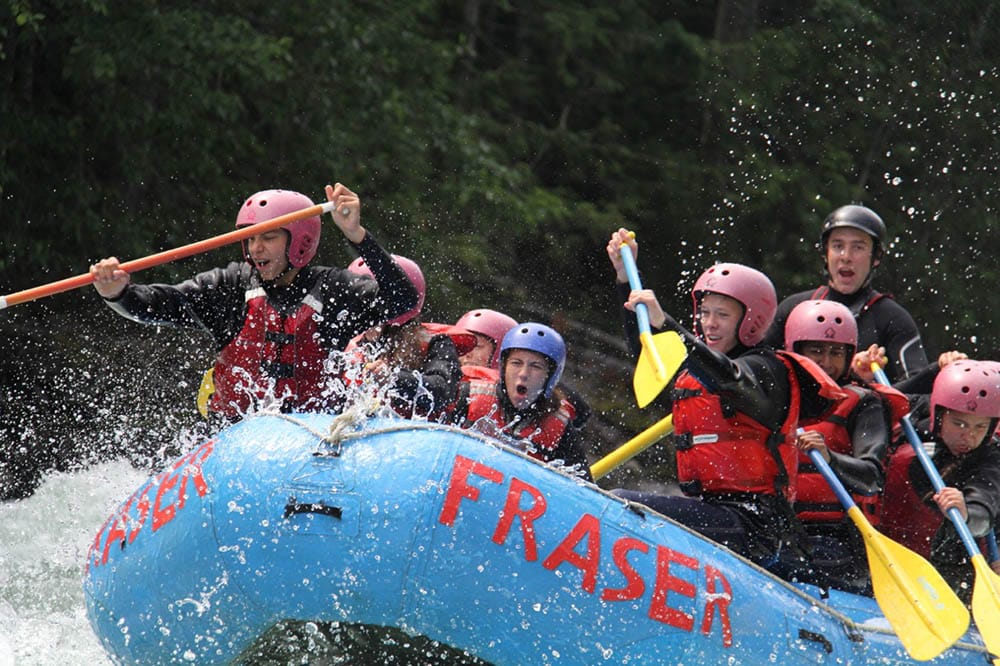One of the great things about an Adventure Treks trip is that you can outfit your teen with the clothing he or she already owns—you don’t always have to buy extra gear. However, we know the packing lists for our trips are long, and our goal is to make shopping and packing a stress-free experience. This year, we’ve created an Adventure Treks holiday gift guide with products that are Adventure Treks–instructor approved! These are items we personally use and pack on every trip, and they provide functionality both on and off an Adventure Treks trip. We recommend the following products because of their quality and our positive, personal experiences with them.
This post contains affiliate links, meaning if you complete a purchase by clicking any of the following links, Adventure Treks will earn a small commission. We’ve decided to donate 100 percent of each commission to our 501(c)(3) non-profit Charlie Wellman Memorial Fund; this will help us provide more opportunities to deserving students applying for scholarships.
Marmot PreCip rain jacket
A rain jacket is not only a necessity on any AT trip; it’s also vital in most climates! At AT, we also use rain jackets to protect us against cold, wind, and annoying bugs. One of our all-time favorites is the Marmot Precip (here’s the men’s version, and here is the women’s); it’s a no-frills jacket that offers exactly what you need and nothing more.
Buff Original (multifunctional headwear and neck gaiter)
This is the most essential item you never knew you needed. Buffs are incredibly multi-purpose and can be used as a bandana, neck gaiter, hair tie, or headband—and it provides protection from UV rays. We recommend one for every student. Need a warmer option for cold weather? They also come in fleece-lined options. Bonus: there are a huge variety of colors and prints, and they’re machine washable.
Nalgene wide-mouth water bottle
These durable water bottles can be found in every instructor’s backpack, car, and even desk in the office. We love decorating ours with stickers of all of our adventures and trips. We recommend the 32-ounce and wide mouth option. (Wide mouth bottles are easier to fill with water than narrower mouth options.) Just like Buffs, there’s are almost endless color options.
Crazy Creek camp chair
These travel-friendly, padded folding chairs are a great way to sit comfortably while camping without the amenities of home. Not only are these perfect for evening meetings, but they can also be used at soccer or football, at the beach, on family vacations… you name it. Crazy Creek also offers a lightweight and more packable version that can be easily rolled up, allowing you to take this chair literally anywhere.
Black Diamond Revolt headlamp
These Black Diamond headlamps are a favorite among our instructors. They provide 300 lumens (translation: plenty of light for nighttime camping or hiking) and a red light option (useful when reading in your tent without being blinding to your tentmates). There are a few other settings for distance and proximity, and we like this particular one because it takes regular batteries; headlamps that require recharging by USB are difficult to use on AT trips, because we rarely have access to outlets.
Darn Tough hiking socks
Everyone’s dream gift! As “boring” as socks sound, you cannot go wrong with Darn Tough. Having non-cotton socks for outdoor ventures is essential: They keep your feet warm even when wet, and they dry quickly. Darn Tough makes some fun colors and patterns, and they have a lifetime warranty.
Osprey day pack
Please know that you do not need to buy an expensive day pack for an Adventure Treks trip; a non-technical school backpack will be perfect. However, if your son or daughter enjoys outdoor pursuits beyond their AT trip, a day pack will make those adventures safer and more fun. While packs can typically be used for either gender, most brands make male- and female-specific versions. The Osprey Tempest 20 for females and Osprey Talon 22 for males have plenty of room for both water bottles, a bladder, extra layers, and snacks; trekking pole attachments; zippered hip belt pockets (the perfect place for keys or lip balm); and a waist and chest strap to evenly distribute the pack’s weight.
Hydro Flask water bottle
Another popular water bottle, these stainless steel options are also vacuum-insulated to keep your water cold (or coffee hot) and handle the rugged outdoors flawlessly. They are heavier than Nalgenes but just as durable.
Carhartt beanie
There are a bazillion beanie options out there; we like this Carhartt one because Carhartt items last forever. Beanies are lightweight and easily packable, so they should always be tossed in a pack in the spring, fall, or winter seasons.
ENO DoubleNest hammock
Students LOVE these! We do, too. ENO hammocks are comfortable and fun to set up around camp, but, more important, they’re lightweight and pack up to about the size of a grapefruit. The answer is yes: Your student can bring an ENO hammock on his or her trip. (There are single-person versions, too.)
Hot Chillys Micro-Elite Chamois and La Montaña baselayers
There are myriad options for baselayers; we know shopping for them can be confusing. To simplify the process, take a look at Hot Chillys baselayer systems. They offer men’s, women’s, and youth sizes, and their color schemes will satisfy everyone from those who like patterns to those who prefer basic black. For a heavier weight (colder weather), look at La Montaña; these poly items are warm with UPF 40 protection. For spring, summer, and fall, consider the Micro-Elite Chamois line. They’re another synthetic option with UPF 30 protection. Both have antimicrobial fabrics woven in to help prevent the dreaded “I haven’t showered in a week” stink.
Bonus: Hot Chillys gave us the discount code F19HCPRO; enter it at checkout for the wholesale price!
Fun games, flair, and miscellaneous outdoor items
Ask your student how important flair is on every AT trip… you’ll likely get a resounding “I CAN’T GO TO AT WITHOUT FLAIR!!!” Camp games are also crucial to having fun in the outdoors. These fun stocking stuffers will provide just the trick.
- Socks with llama print
- Wild and Wolf Campfire Games set
- Inflatable solar-powered light
- Rite in the Rain weatherproof notebook (the only kind our instructors use)
- Klutz Book of Knots activity kit
- Unicorn onesie (we can’t tell you how many AT students and instructors have summitted mountains in one of theses)
- Road Trip Kit travel games
Eco-friendly outdoor items
- Metal straw
- Reusable silicone sandwich bag
- Leave No Trace bandana (10 percent of profits are donated back to Leave No Trace)
- United by Blue bandana (this company removes one pound of trash from oceans and waterways for every item sold)
- Ten Tree (sustainable outdoor clothing company that plants 10 trees for every item sold)
- Parks Project national park T-shirts, sweatshirts, candles, and accessories (Parks Project works directly with more than 50 non-profit groups protecting, restoring, and cleaning up parks and public lands in the U.S. and Canada)

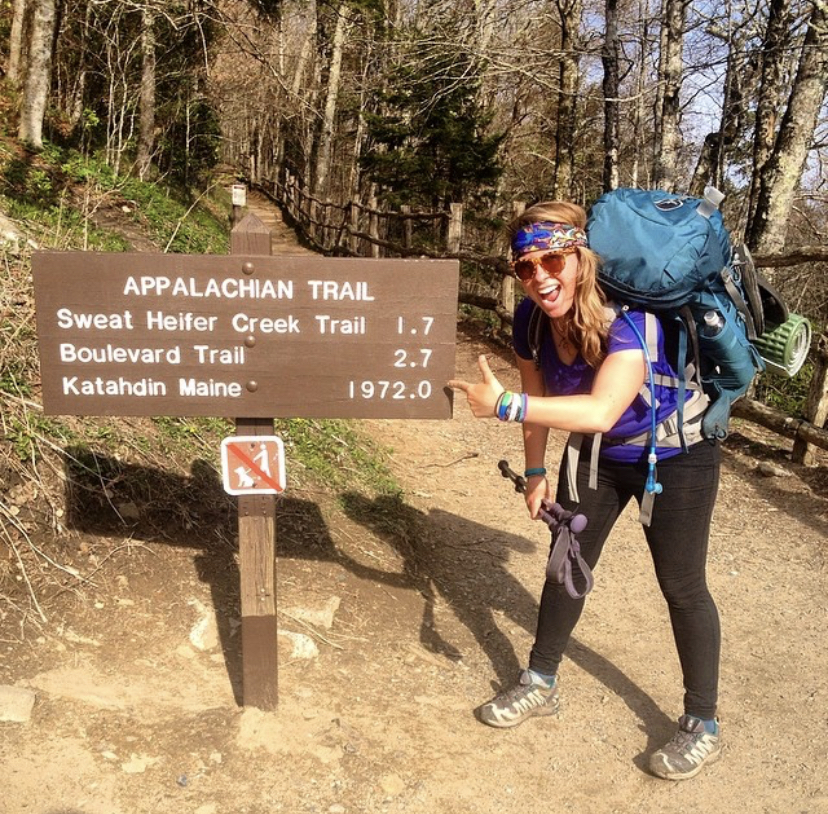 The famed 2,186-mile-long Appalachian Trail winds through 14 states, starting at Springer Mountain in Georgia and reaching its terminus at Mount Katahdin in Maine. Its total elevation change is 464,464 feet—the equivalent of hiking up Mt. Everest 16 times. Attempting to complete the trail continuously is known as a thru-hike, which several thousand people attempt each year. And each year, the completion rate stays the same: only 1 in 4 people who attempt to thru-hike will complete the trail in its entirety.
The famed 2,186-mile-long Appalachian Trail winds through 14 states, starting at Springer Mountain in Georgia and reaching its terminus at Mount Katahdin in Maine. Its total elevation change is 464,464 feet—the equivalent of hiking up Mt. Everest 16 times. Attempting to complete the trail continuously is known as a thru-hike, which several thousand people attempt each year. And each year, the completion rate stays the same: only 1 in 4 people who attempt to thru-hike will complete the trail in its entirety.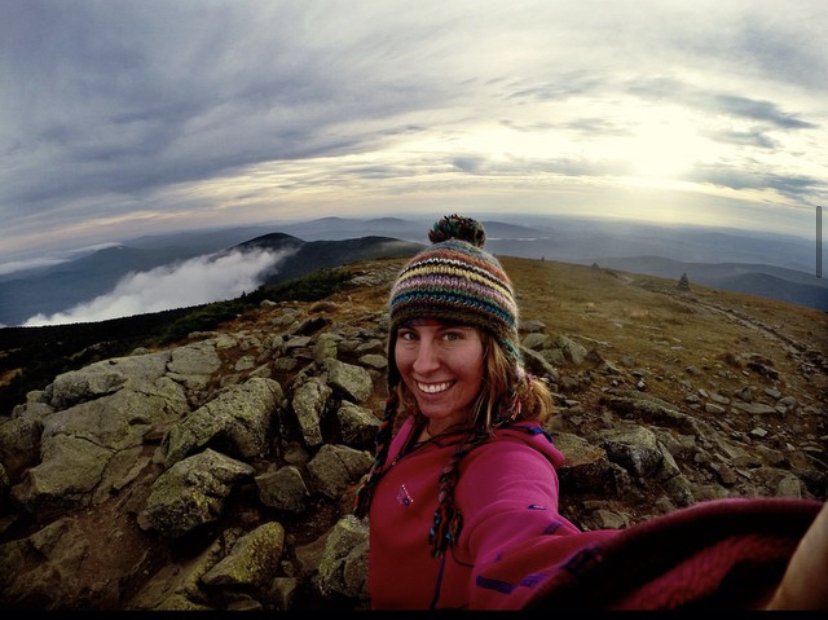
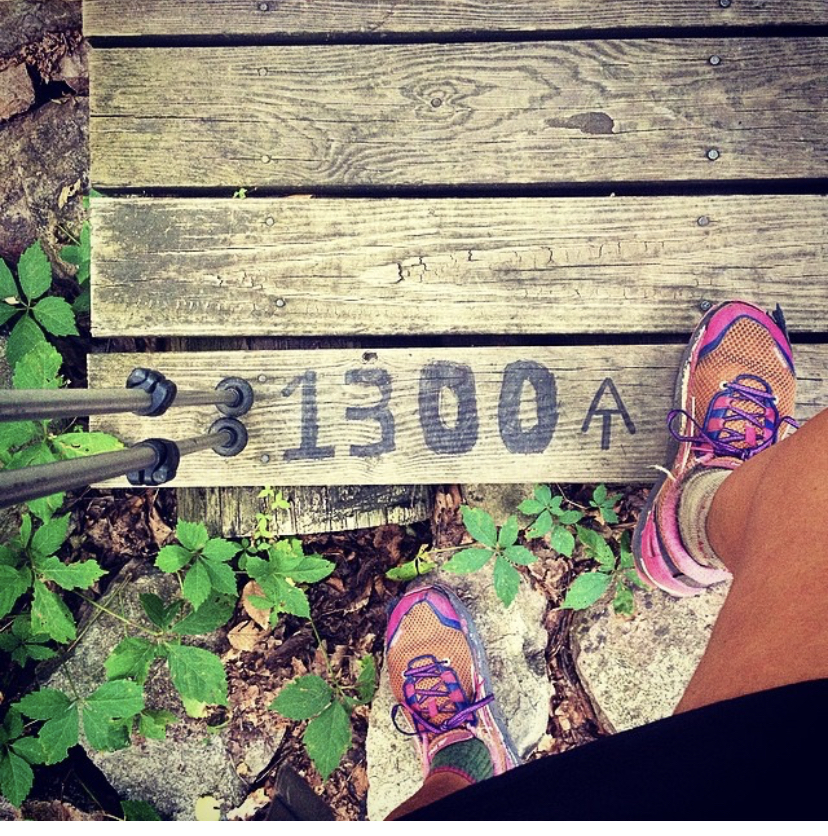
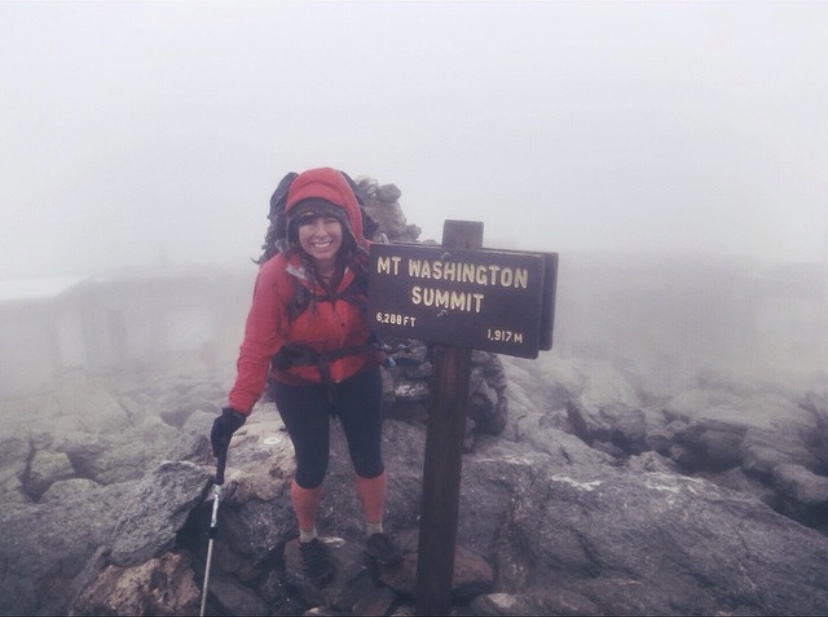
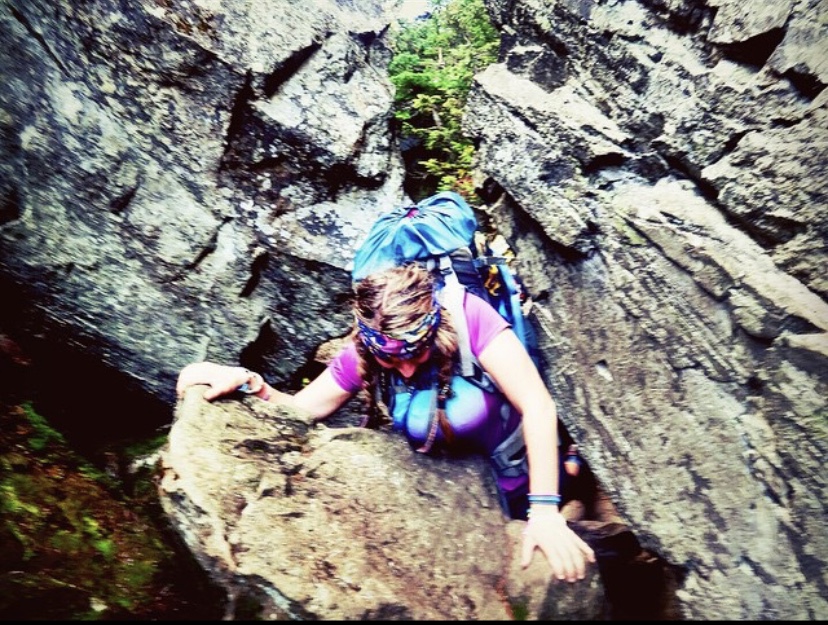
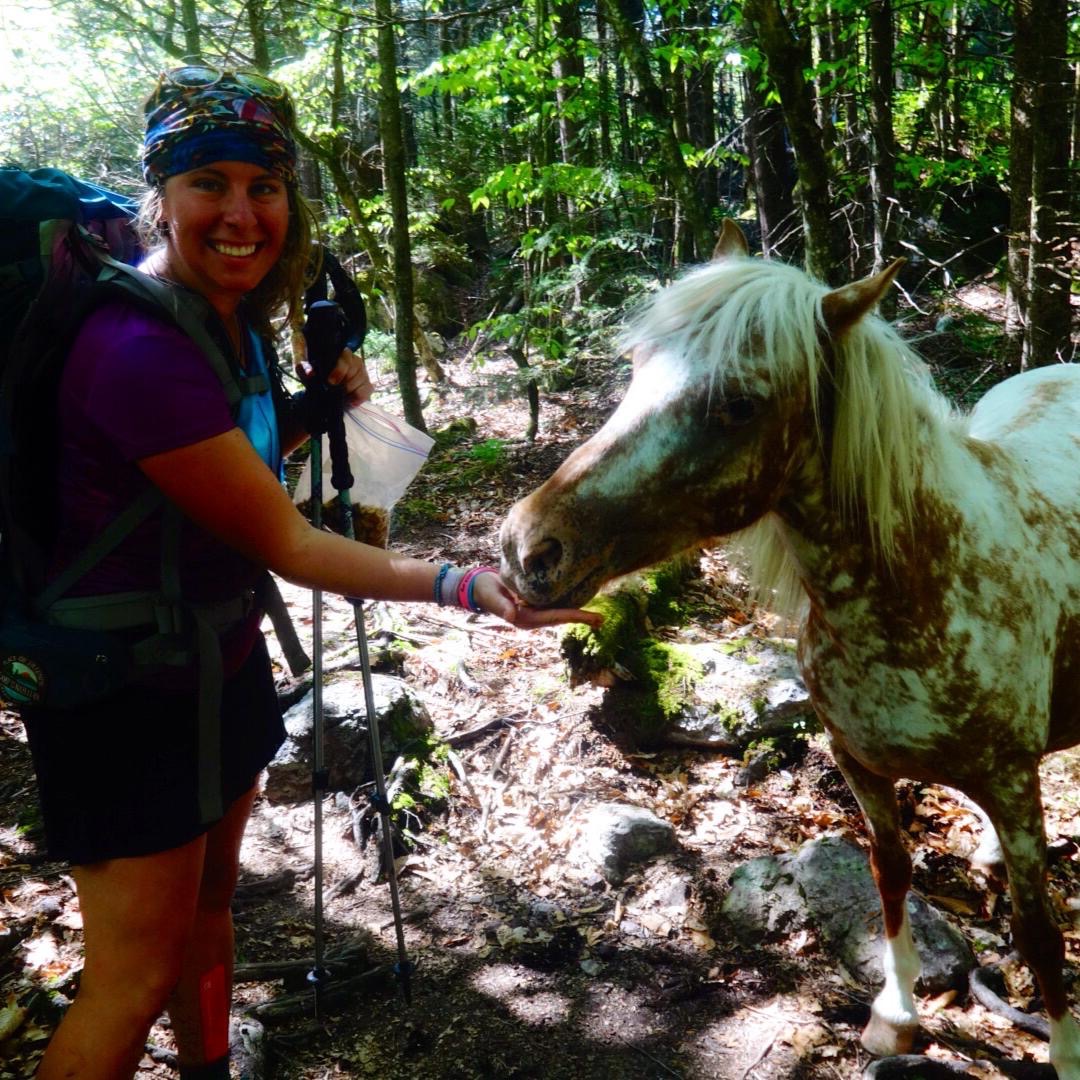
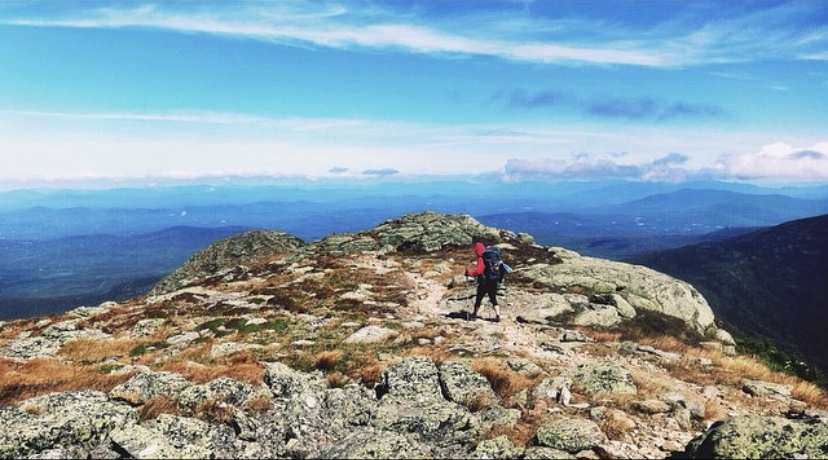
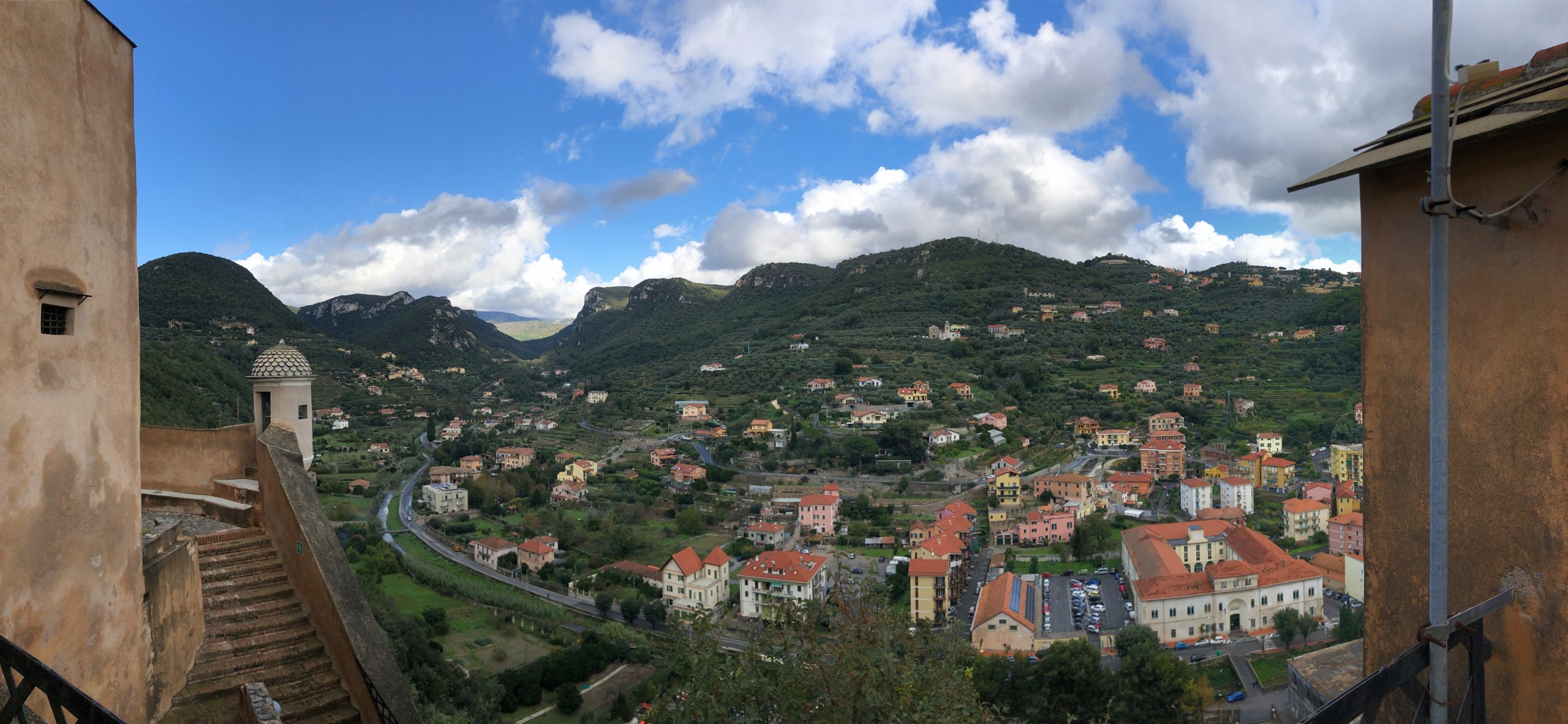

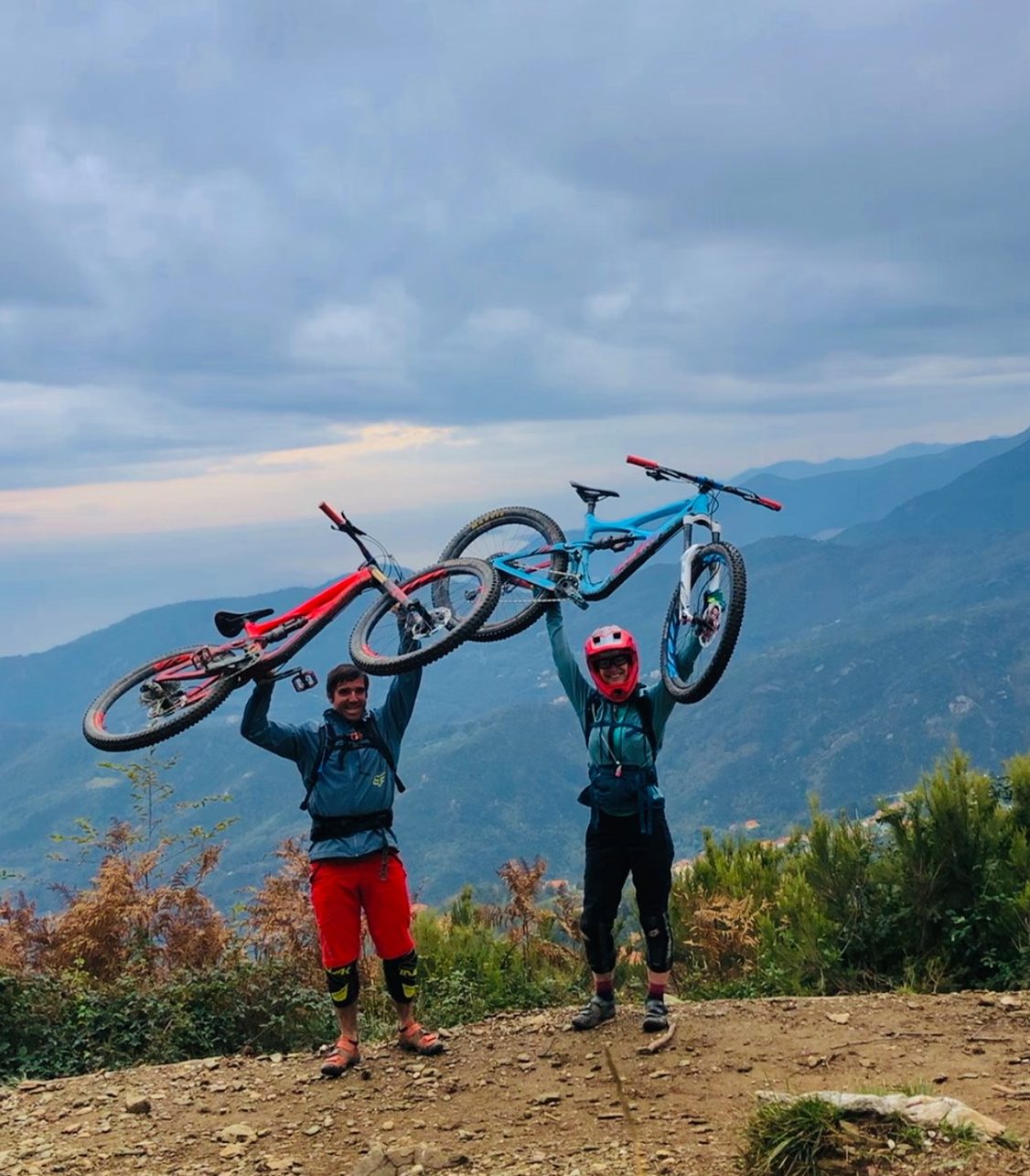
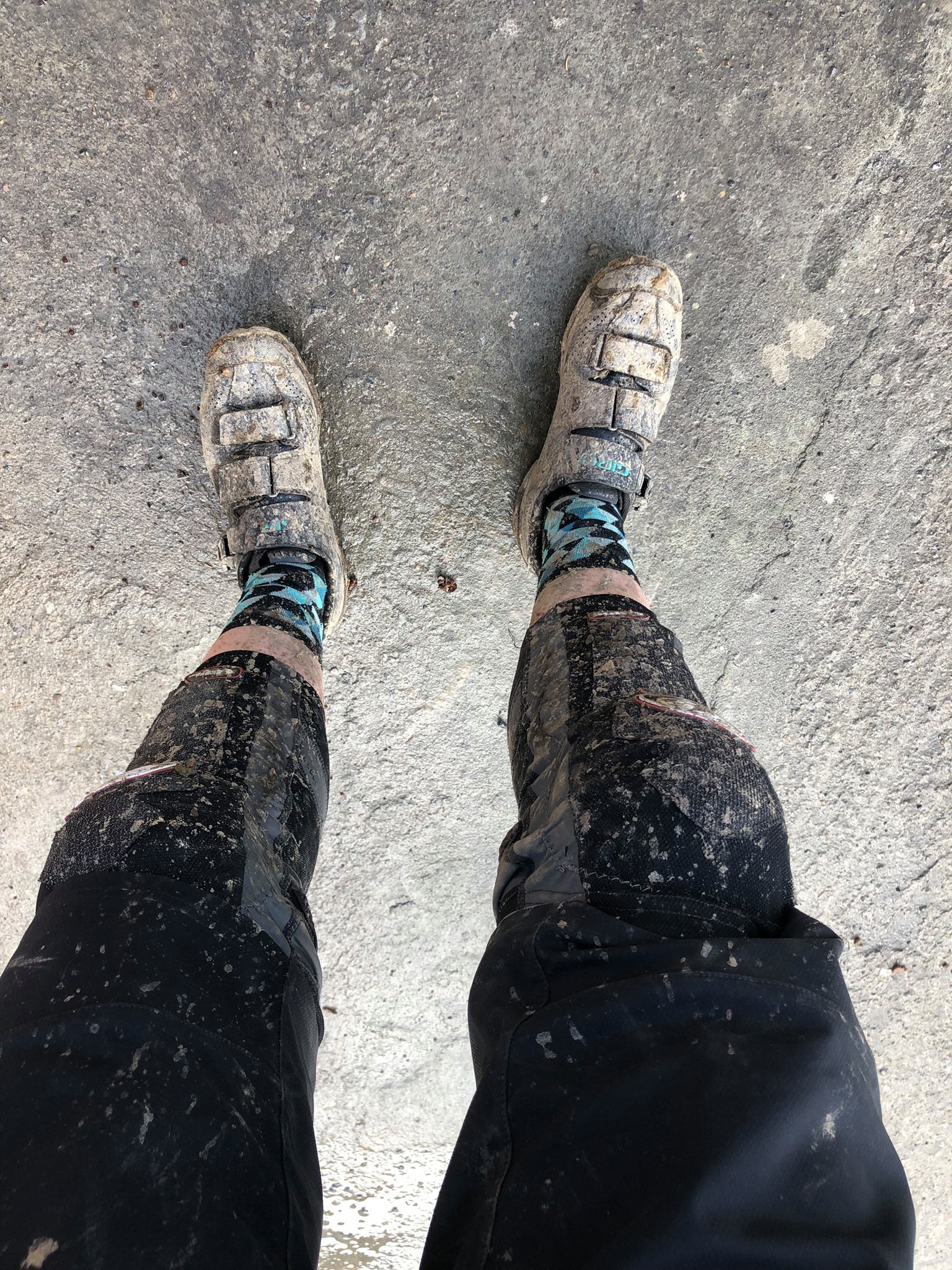
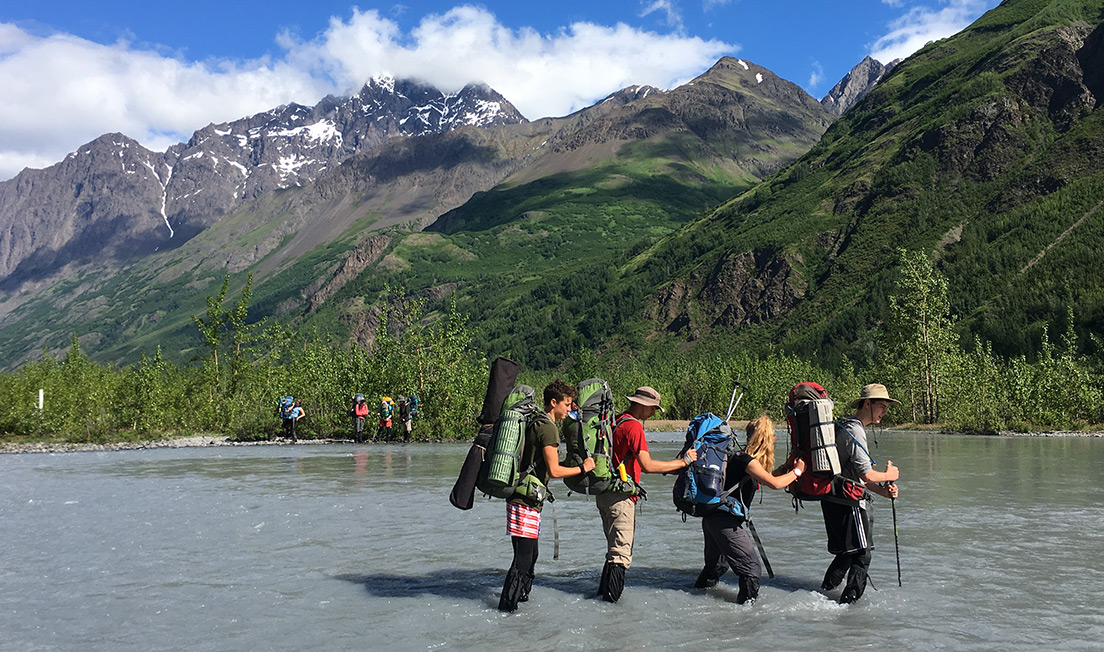
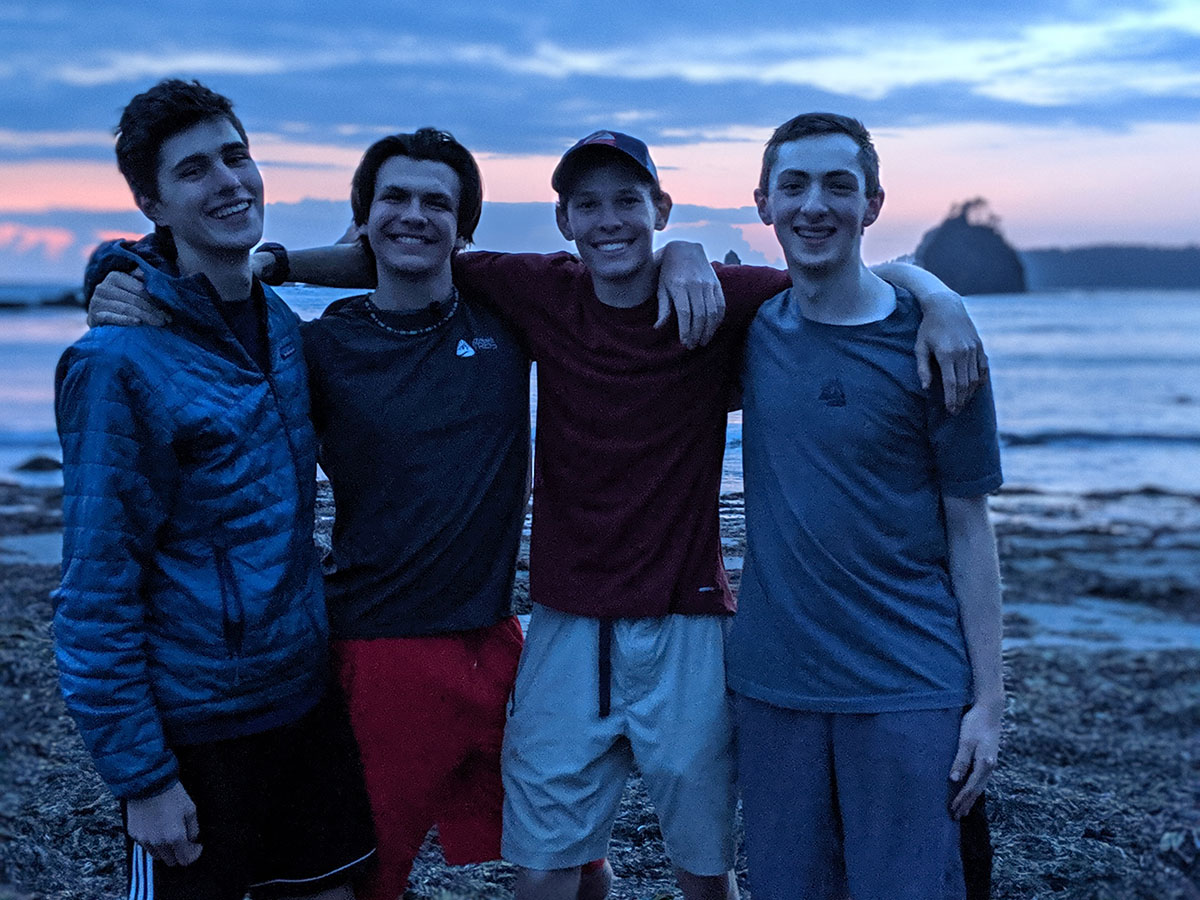
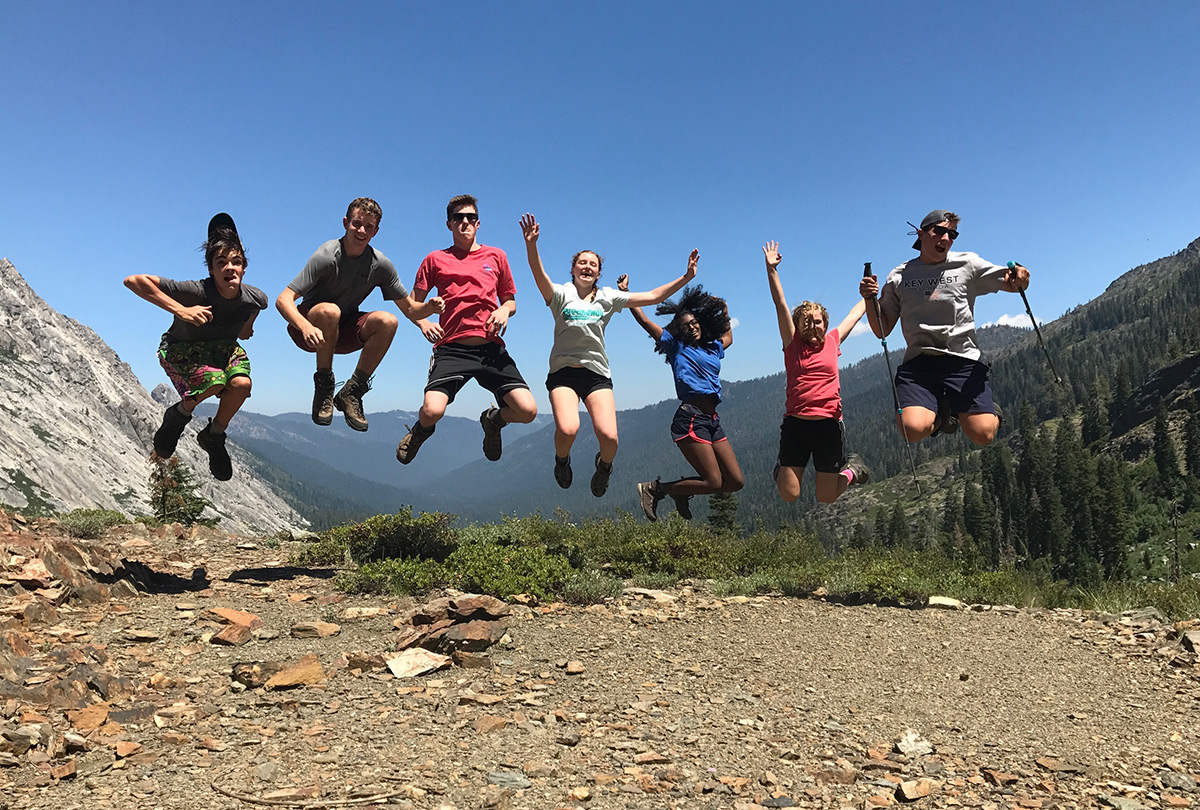
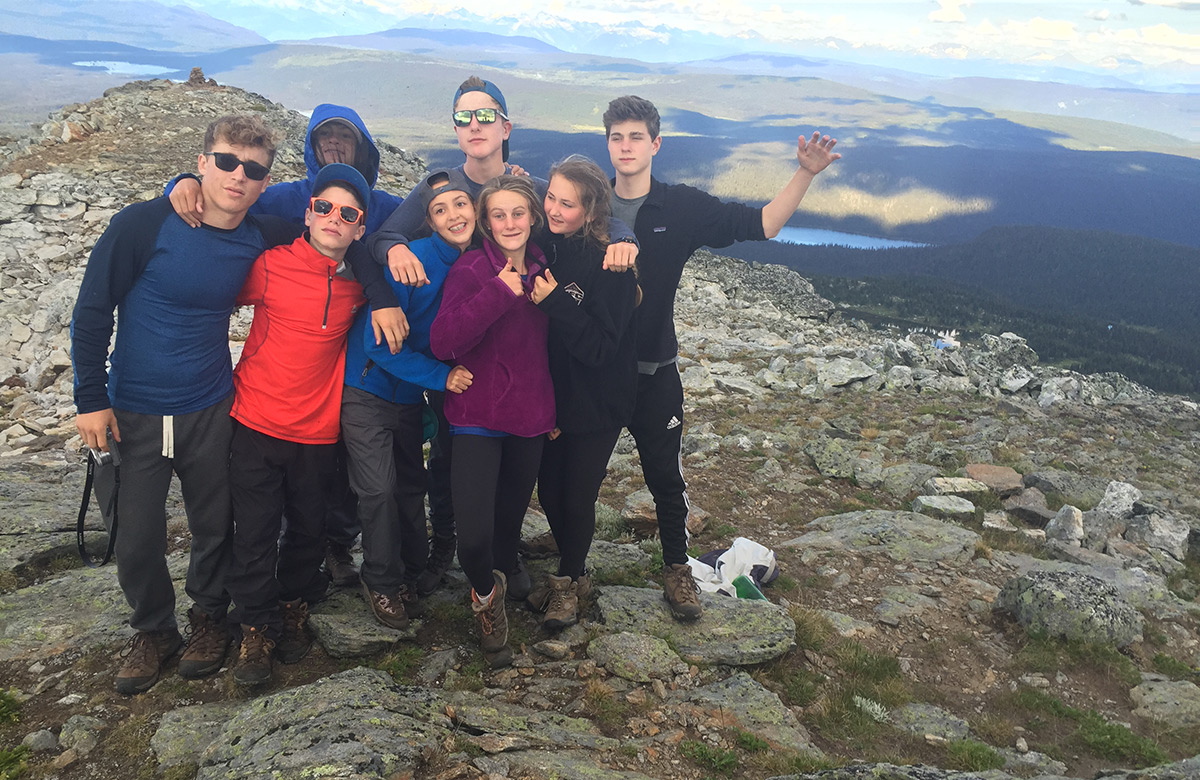
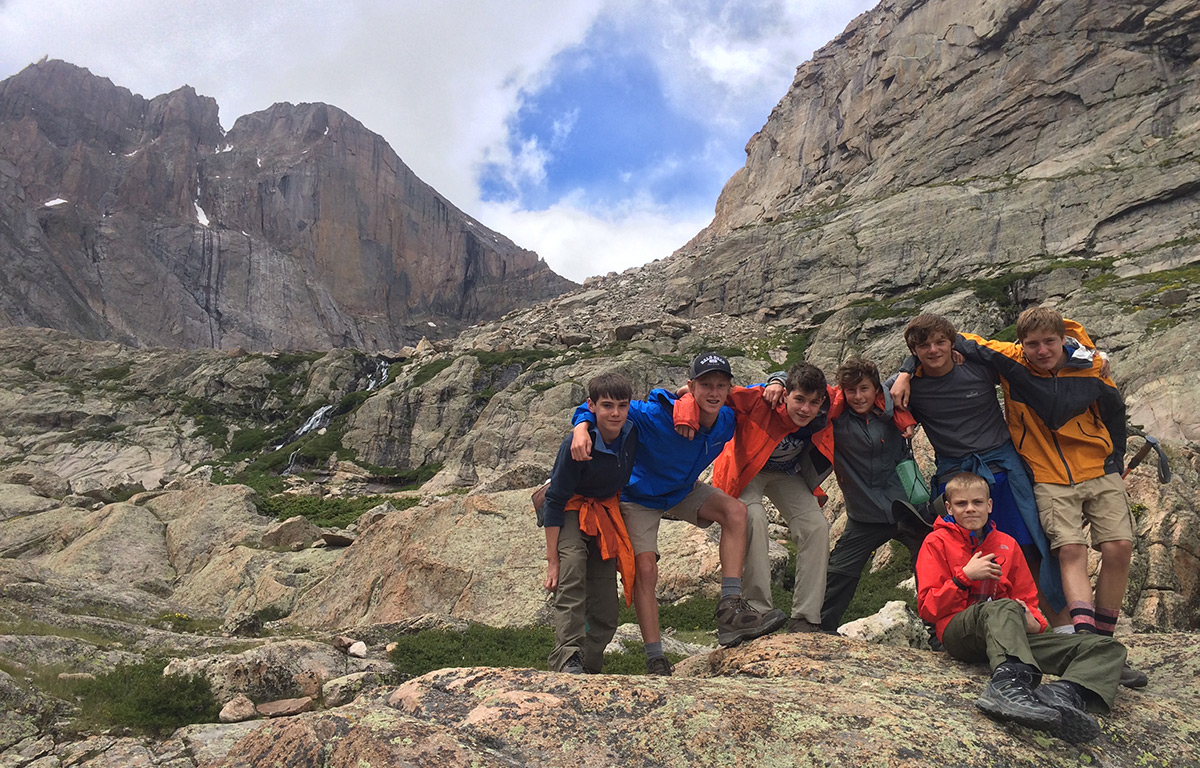
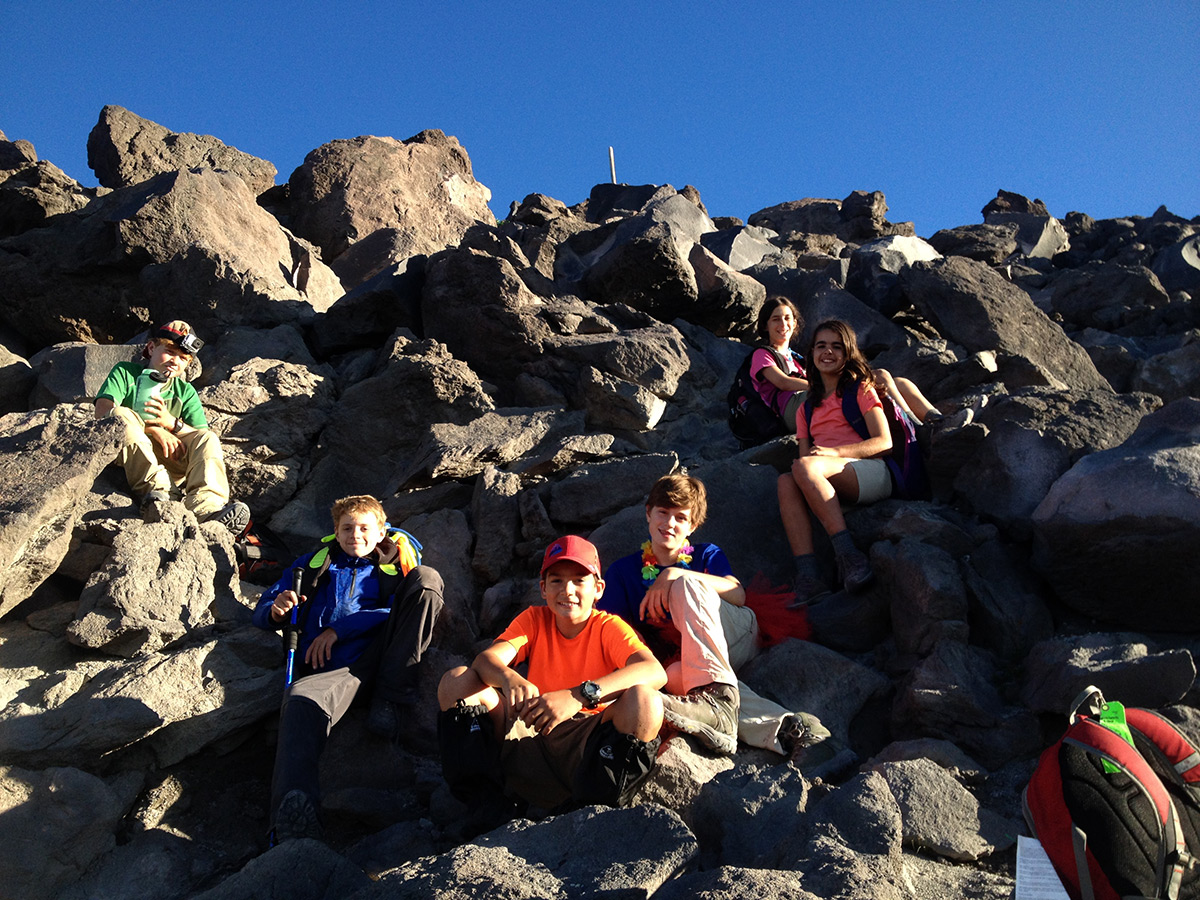
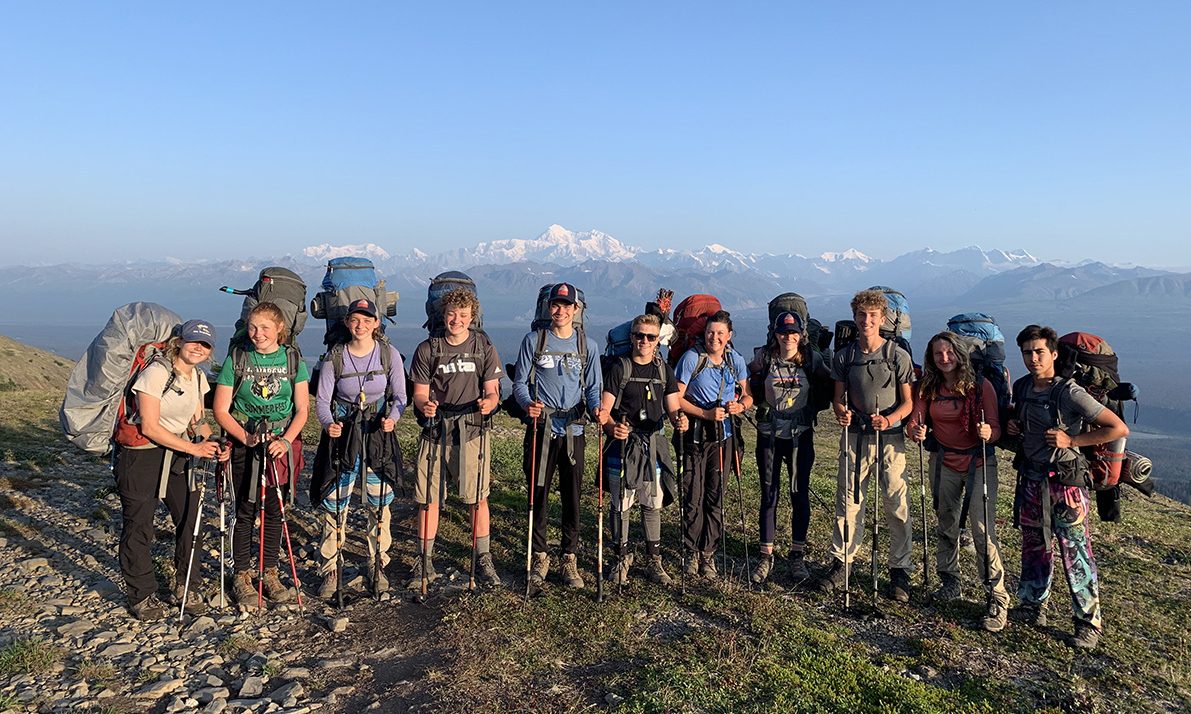
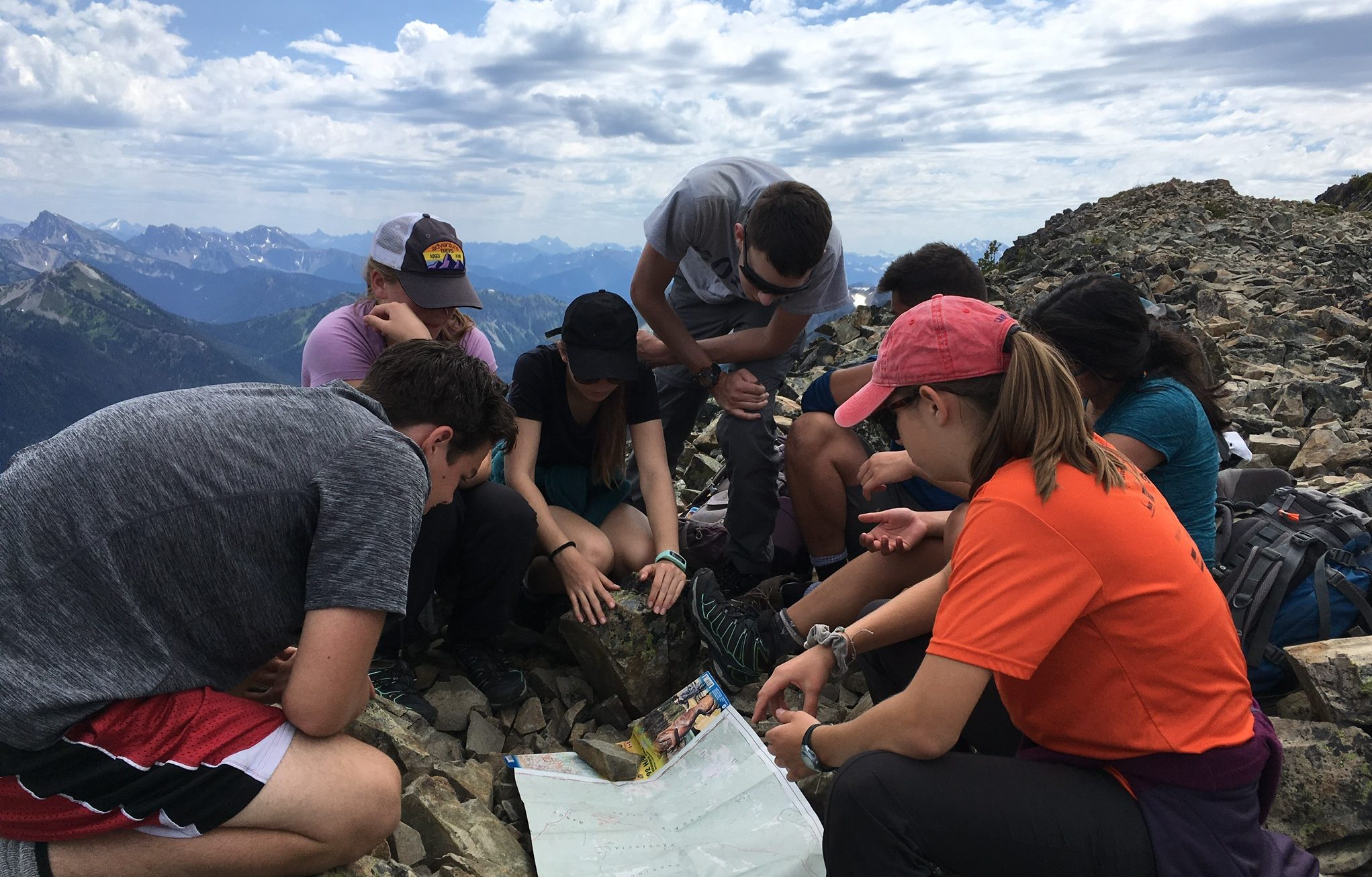

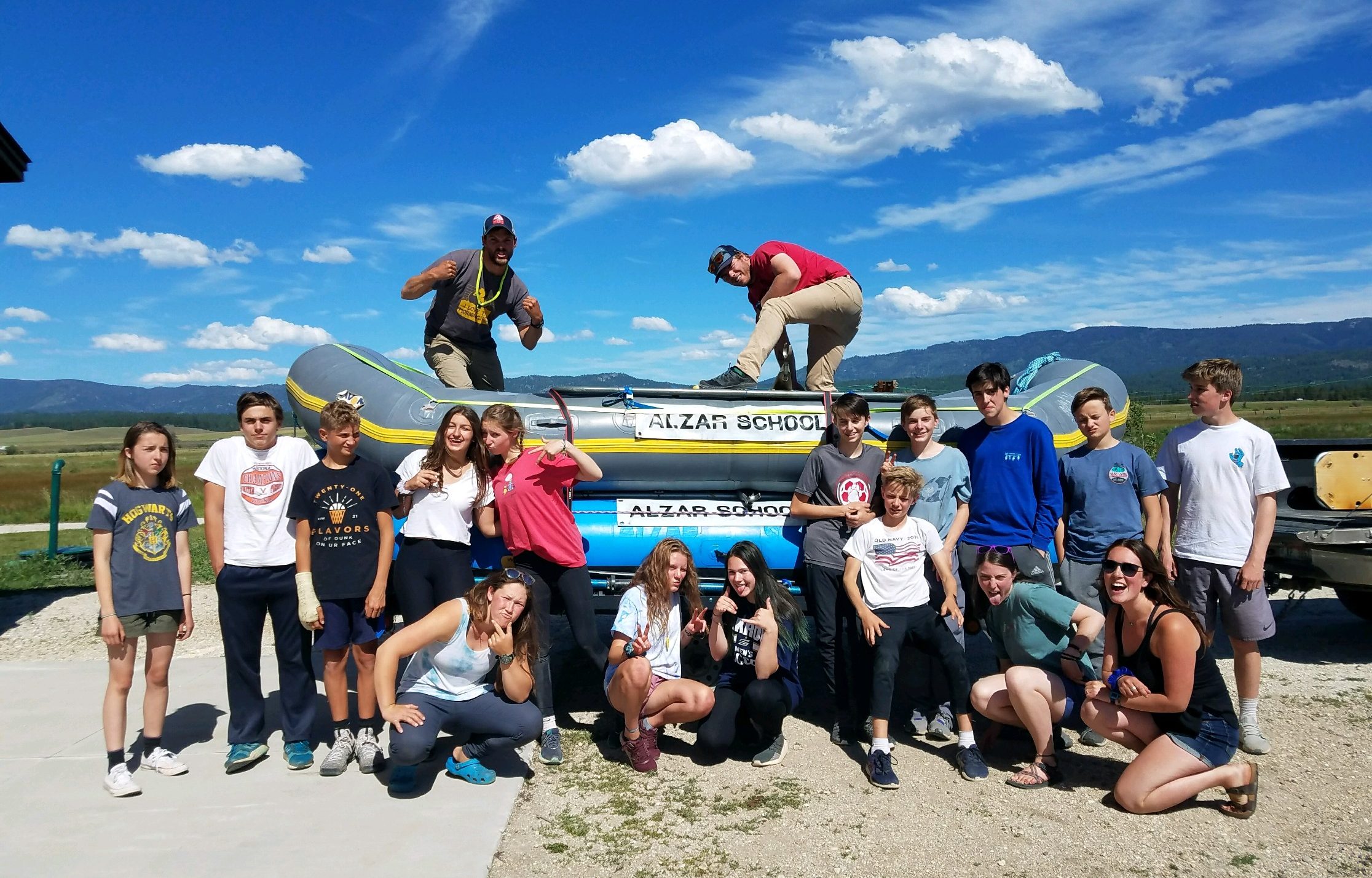
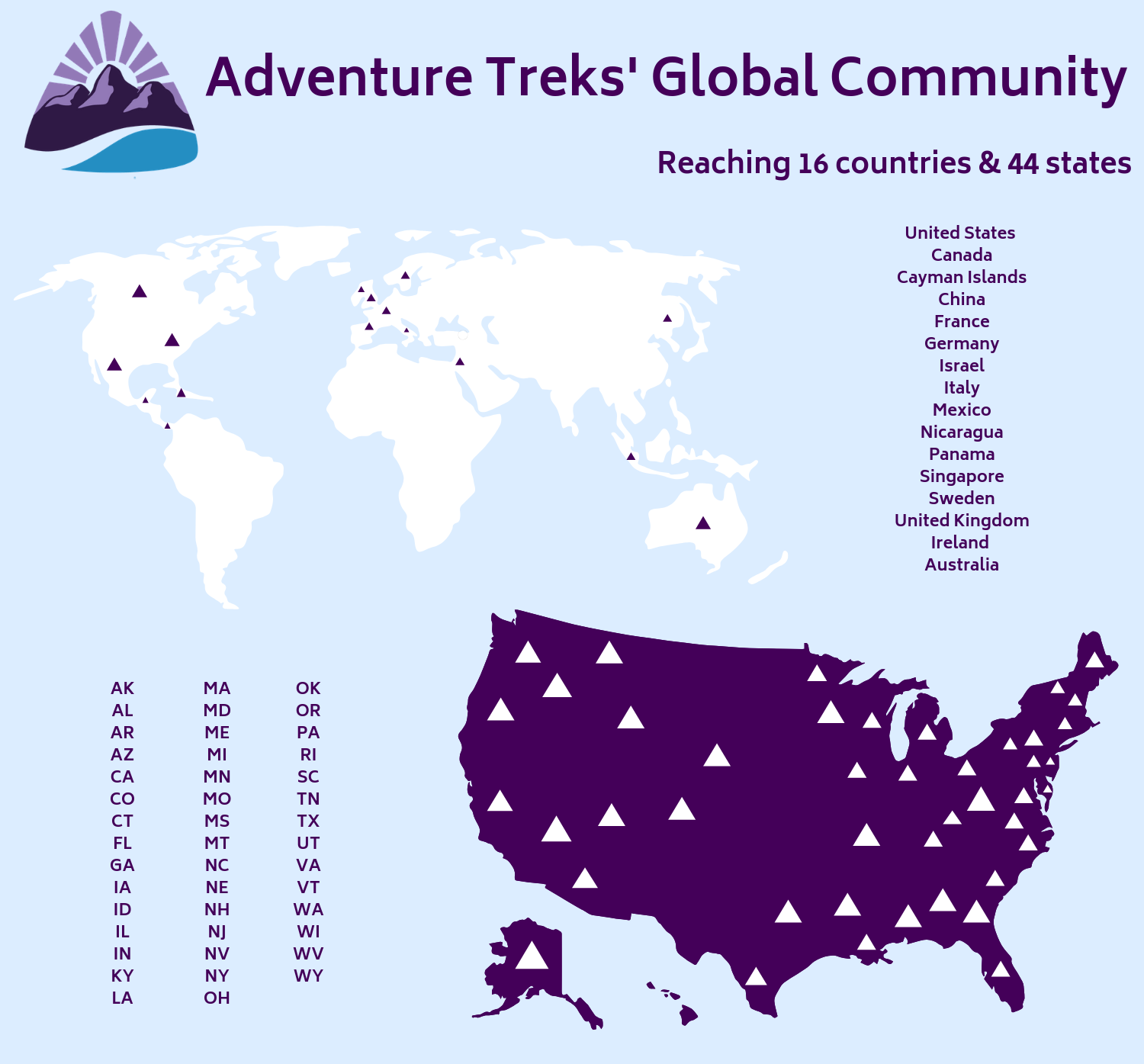
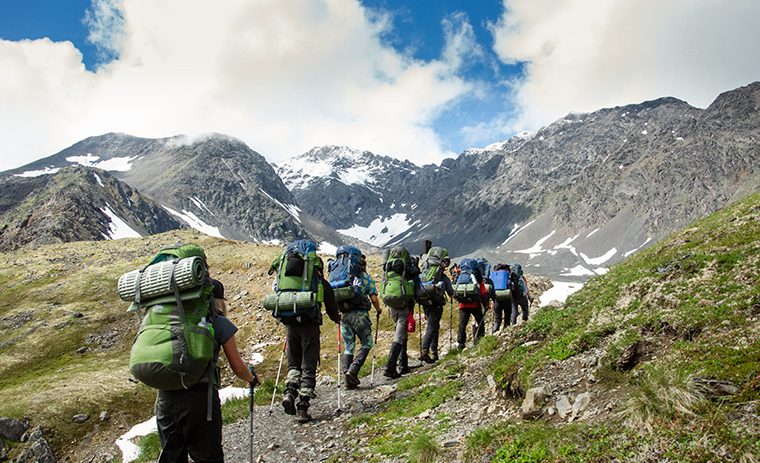 We are always impressed—but never surprised—at the remarkable colleges Adventure Treks students will soon be attending. We also want to celebrate and thank those who have chosen to enter the military and serve our country. We feel privileged and grateful to have been a topic of many of your college essays. We believe admissions officers are very sympathetic to well-described Adventure Treks experiences because it reflects on your excellent character, passion, community-minded nature, and resilience!
We are always impressed—but never surprised—at the remarkable colleges Adventure Treks students will soon be attending. We also want to celebrate and thank those who have chosen to enter the military and serve our country. We feel privileged and grateful to have been a topic of many of your college essays. We believe admissions officers are very sympathetic to well-described Adventure Treks experiences because it reflects on your excellent character, passion, community-minded nature, and resilience!